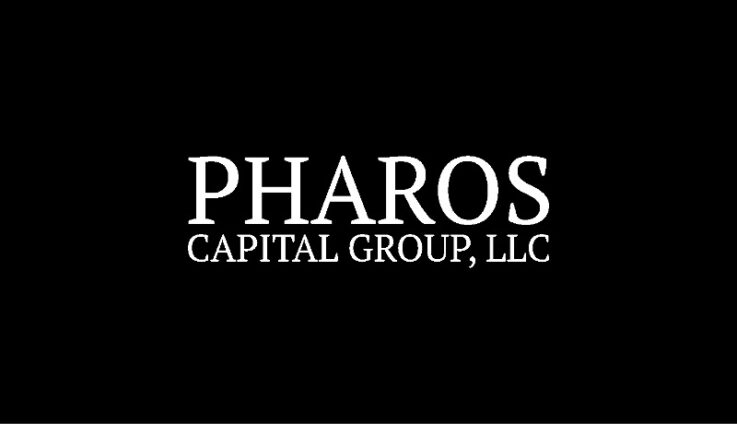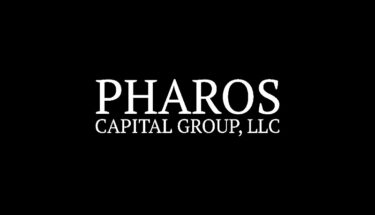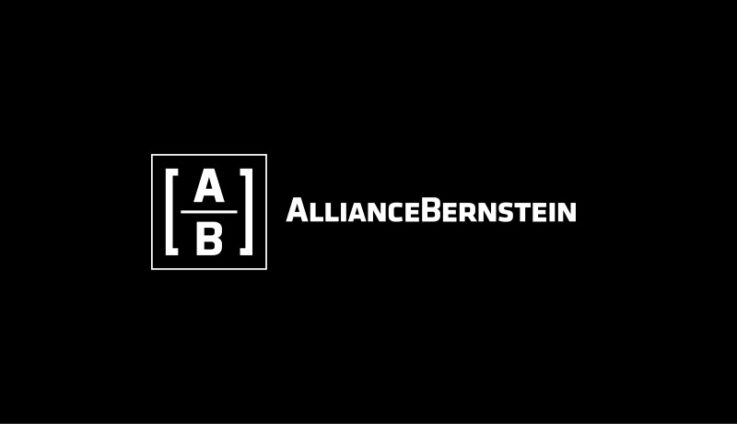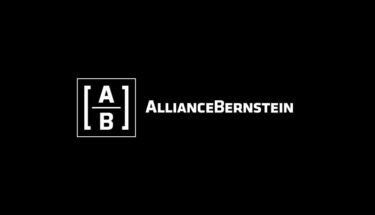Compliance with the SEC’s reformed Marketing Rule (Rule 206(4)-1) became mandatory on November 4, 2022. Despite a lengthy lead time, many registered investment advisers struggled to comply with the rule’s requirement to include net performance alongside any gross performance advertisement.
The staff of the Division of Investment Management issued updated FAQs on March 19, 2025, which clarified details around these issues.
The contents of this article are for informational purposes only. For more information, consult your legal and compliance advisors.
Impactful 2025 FAQ updates
Though the Marketing Rule has remained unamended since its 2020 adoption, staff have made several FAQ updates. FAQs are not approved or disapproved by SEC commissioners, but provide advisers with practical guidance on how staff interpret certain parts of rules and under what circumstances they are likely to recommend enforcement action.
Staff made several updates to the FAQ page since 2021. Two particularly impactful updates are:
January 11, 2023: Now withdrawn from the FAQ page, staff stated at the time that when advisers display any gross results of extracted performance (any subset of a portfolio), they must also show net results. A CFA Institute Global Investment Performance Standards initiative publication predicted the update would “have enormous implications” because it was “not common practice to calculate net returns for individual investments.”
March 19, 2025: Staff clarified that they would not recommend enforcement action on advertisements showing only gross performance of an extract under four scenarios. Staff also clarified that certain portfolio or investment characteristics may be displayed as gross performance only, under four scenarios. (See “Performance information in advertisements” below.)
Overview of the SEC Marketing Rule
The SEC replaced the advertising and cash solicitation rules (Rules 206(4)-1 and 206(4)-3) with one Marketing Rule and made compliance mandatory as of November 2022.
Significant changes included:
1. An expanded definition of an advertisement
The SEC redefined an advertisement under Rule 206(4)-1, giving the definition two parts:
- Communications that offer the adviser’s services to prospective or current clients or private fund investors, with several exclusions, including most one-on-one communications.
- Communications by placement agents, endorsements, and testimonials for which a third party receives direct or indirect compensation.
2. General prohibitions
Investment adviser advertisements may not:
- Include any untrue statement of a material fact or omit material facts necessary to make the statements not misleading;
- Include a material statement of fact for which the adviser does not have a reasonable basis;
- Include information that would reasonably be likely to cause a client or prospect to draw an untrue or misleading inference concerning a material fact;
- Discuss potential benefits to clients or fund investors related to the adviser’s services or operations without providing fair and balanced treatment of any material risks or material limitations associated with those benefits;
- Include reference to specific investment advice provided by the adviser where such advice is not presented in a fair and balanced manner;
- Include or exclude performance results, or present performance time periods, in a way that is not fair and balanced; or
- Be otherwise materially misleading.
3. Testimonial and endorsement rules
Advisers may use testimonials and endorsements that meet several requirements. A testimonial is a statement by a current client or investor in a private fund that:
- Discusses the client’s or investor’s experience with the adviser;
- Solicits current or prospective clients or investors to be a client or investor in a private fund of the adviser; or
- Refers current or prospective clients or investors to be a client or investor in a private fund of the adviser.
An endorsement is any statement by someone other than a current client or investor in a private fund of the investment adviser that:
- Indicates support of the adviser or describes that person’s experience with the adviser;
- Solicits current or prospective clients or investors to be a client or an investor in a private fund of the adviser; or
- Refers current or prospective clients or investors to be a client or an investor in a private fund of the adviser.
Disclosure
Advertisements must clearly and prominently disclose whether the person giving the testimonial or endorsement is a client and whether the adviser directly or indirectly provided compensation. Advisers must also make disclosures regarding compensation and conflicts of interest.
Oversight and written agreement
The adviser must oversee compliance with the SEC Marketing Rule and enter into a written agreement with any party providing an endorsement or testimonial, with some exceptions.
Disqualification
An adviser may not compensate anyone for a testimonial or endorsement if it knows, or reasonably should know, that the person (or its related entities or representatives) is ineligible due to a disqualifying SEC action or event.
4. Third-party rating rules
Advisers may include a third-party rating in an advertisement if the adviser reasonably believes the survey was structured to allow favorable and unfavorable responses and was not designed to produce predetermined results. The adviser must also disclose the third party that calculated the rating, the date the rating was given and period it was based on, and any compensation directly or indirectly provided.
5. Performance information in advertisements
The most recent FAQ clarifications affect advisers’ understanding of the Marketing Rule’s requirements and restrictions for the presentation of performance information in advertisements.
With these in mind, the SEC Marketing Rule prohibits all advertisements from including:
- Any presentation of gross performance unless they also present net performance with at least equal prominence. However, staff stated they would not recommend enforcement action in the cases of:
- Extracted performance displays that meet the following criteria:
- The extracted performance is clearly identified as gross performance;
- The extracted performance is accompanied by a presentation of the total portfolio’s gross and net performance consistent with the requirements of the rule;
- The gross and net performance of the total portfolio is presented with at least equal prominence to, and in a manner designed to facilitate comparison with, the extracted performance; and
- The gross and net performance of the total portfolio is calculated over a period that includes the entire period over which the extracted performance is calculated;
- Displays of certain investment or portfolio gross characteristics that meet the following criteria:
- The gross characteristic is clearly identified as being calculated without the deduction of fees and expenses;
- The characteristic is accompanied by a presentation of the total portfolio’s gross and net performance consistent with the requirements of the rule;
- The total portfolio’s gross and net performance is presented with at least equal prominence to, and in a manner designed to facilitate comparison with, the gross characteristic; and
- The gross and net performance of the total portfolio is calculated over a period that includes the entire period over which the characteristic is calculated.
- Extracted performance displays that meet the following criteria:
- Gross performance and net performance displays that fail to reflect the same time periods or are not calculated using the same methodology, meaning advisers cannot, for example, exclude subscription facility impacts in gross internal rate of return but include them in net internal rate of return, making the numbers difficult to compare;
- Any performance results, unless they are provided for several specific time periods (one, five, or 10 years) or are the results for private funds;
- Any statement that the SEC has approved or reviewed a calculation or presentation of performance results;
- Related performance results from fewer than all portfolios with substantially similar investment policies, objectives, and strategies as those in the advertisement;
- Performance results of a subset of investments extracted from a portfolio, unless the advertisement provides or offers to provide the performance results of the total portfolio;
- Hypothetical performance, unless the adviser implements policies and procedures reasonably designed to ensure the performance is relevant to the likely financial situation and investment objectives of the intended audience and provides sufficient information for the audience to understand the criteria, underlying assumptions, risks, and limitations of the hypothetical; and
- Predecessor performance, unless there is a sufficient similarity with regard to the personnel and accounts between the predecessor and advertising advisers and all relevant accounts are advertised unless the exclusion of any account would not result in materially higher performance. The adviser must include all relevant disclosures in the advertisement.
Revised Books and Records Rule
The SEC also updated the Books and Records Rule (Rule 204-2).
Advisers must preserve several types of information and documentation, including copies of their advertisements, records of their intended audiences for hypotheticals or performance information, and documentation substantiating their reasonable bases for believing any testimonials, endorsements, or third-party ratings comply with the Marketing Rule.
Note that the SEC more recently amended the Books and Records Rule, with changes going into effect in 2023.
Updated Form ADV
In connection with the Marketing Rule, the SEC revised Form ADV, requiring advisers to give more information about their marketing activities.
SEC Marketing Rule enforcement efforts
SEC enforcement efforts have been ongoing since compliance with the reformed Marketing Rule became mandatory. Headline enforcement efforts have included:
August 21, 2023: The SEC’s first charges related to the amended Marketing Rule were against a fintech adviser. The SEC found that the firm used misleading hypothetical performance metrics in its advertising, in addition to multiple other compliance failures.
September 11, 2023: An SEC sweep found nine investment advisers had advertised hypothetical performance to the general public without policies and procedures to ensure it was relevant to the intended audience.
April 12, 2024: Five investment advisers settled with the SEC on charges of violating the Marketing Rule. All five firms’ charges related to non-compliant advertisement of hypothetical performance, and one also included charges related to advertisements with false and misleading statements and misleading model performance, among other violations.
September 9, 2024: The SEC settled with nine investment advisers accused of Marketing Rule violations, including advertising untrue or unsubstantiated statements and testimonials, endorsements, or third-party ratings without disclosures.
March 18, 2024: Artificial intelligence claims were central to an SEC settlement with two investment adviser firms. The SEC found the firms had included false and misleading marketing statements about their AI use in their investment process.
September 4, 2025: In the first Marketing Rule enforcement action under Chair Paul Atkins. According to the administrative proceeding summary, the SEC found a firm had advertised the claim that it “refuse[d] all conflicts of interest.” This contradicted information disclosed in its Form ADV. The SEC also found violations of the books and records requirements.
SEC exam priorities
The SEC Examination Priorities publications for fiscal years 2023 and 2024 referred to the revised Marketing Rule by name. The 2025 publication does not. However, “Effectiveness of Advisers’ Compliance Programs” is one of four priorities for investment advisers, and listed marketing among six “core areas” examinations would typically include.
The 2025 SEC Marketing Rule administration proceeding noted above, however, indicates that enforcement continues. A 2024 Risk Alert from the SEC Division of Examinations listed more than 30 commonly observed deficiencies across the following areas:
- Policies and procedures that were not designed or implemented to address compliance with the Marketing Rule;
- Marketing Rule-related books and records retention failures;
- Inaccurate advertisement reporting on Form ADV;
- A wide range of non-compliance with the Marketing Rule’s General Prohibitions, including:
- Untrue, misleading, or unsubstantiated statements of fact;
- Omitted material facts;
- The lack of fair and balanced information regarding potential client benefits, specific investment advice, and performance results.
Advisers should assume enforcement of the SEC Marketing Rule will continue with the above priorities. However, 2025 FAQ updates will likely remove some of the previously existing compliance challenges.
Firms looking to improve their SEC exam readiness can reach out for an Insight for Funds demo. Ontra’s AI-enabled solution simplifies fund and obligation management enabling firms to proactively mitigate risk, increase transparency, and respond to SEC exam requests quickly.









